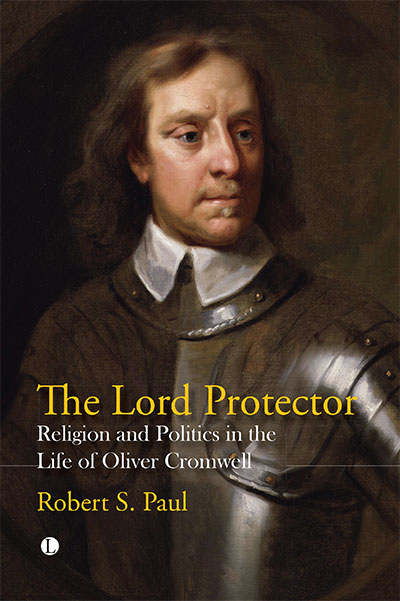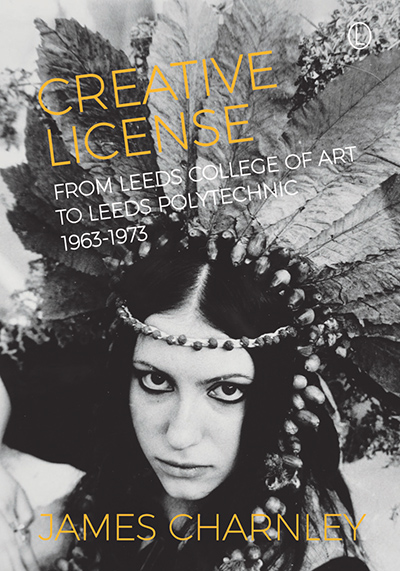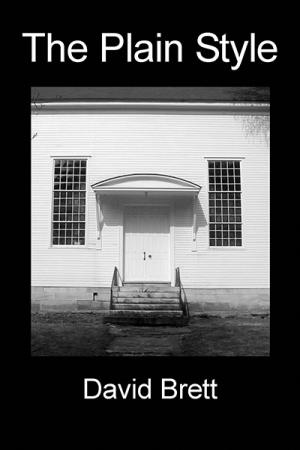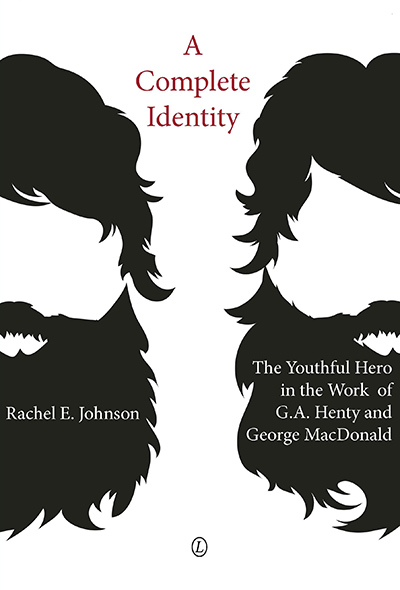Description
Oliver Cromwell stands at the gateway of modern history; his resolute Puritanism formative to concepts of political and religious liberty, the development of democracy, and the individual’s duty to resist tyranny. In The Lord Protector, Robert S. Paul traces Cromwell’s political career, from his early influences and political experience, to the English Civil Wars, his brutal conquest of Ireland and campaigns in Scotland.
Where some historians present Cromwell in extremes, either as a scheming power-hungry tyrant, or as a noble hero, Paul seeks to understand the Lord Protector through the religious context of the seventeenth century, removed from the typical historical readings of his contemporaries. In order to understand Cromwell’s career, Paul’s investigation focusses his study through the extent to which Cromwell shared the theological beliefs common to his time. This relationship between his religion and political action provides an estimate of Cromwell as a man of faith, statesman and ruler.
About the Author
Dr Robert S. Paul (1918-1992) was a graduate in the School of Modern History at Oxford and specialised in the study of Cromwell. Paul gained his DPhil from the University, and was later appointed Assistant Director of the Ecumenical Institute at Bossey, Switzerland.
Contents
Preface
Introduction
1. Formative Influences
2. Early Political Experience
3. From the Beginning of the Civil War to the Spring of 1644
4. The Civil War: Spring 1644 to the Self-Denying Ordinance
5. The Civil War: Spring 1645 to the End of the First Civil War
6. From the Fall of Oxford to the Army Debates, July 1647
7. The Army Debates of 1647
8. Carisbrooke to the Outbreak of the Second Civil War
9. The Second Civil War
10. The Execution of the King
11. The Beginnings of the Commonwealth Military and Political Problems
12. The Irish Campaign and Its Moral Issues
13. The Scottish Campaign: Dunbar
14. The Scottish Campaign: Worcester
15. From Worcester to the Expulsion of the Rump
16. Experiments at Home and Abroad
17. Princeps: The Constitution and the Major-Generals
18. Princeps: Home and Foreign Policy
19. The Kingship and the End
20. Judgement
Appendices
1. Letter to Mr. Storie, January II, 1635/6
2. Biblical Analysis of Cromwell’s Letter to Mrs. St. John, October 23, 1638
3. Extract from “Vindiciae Veritatis”
4. Letter to Robert Hammond, November 6, 1648
5. Letter to Robert Hammond, November 25, 1648
6. The “Saddle Letter” Account
7. Selected Letters
8. Professor W.C. Abbott and Oliver Cromwell
Select Bibliography
Index
Endorsements and Reviews
Learned, scholarly and accurate. It is of value not only as a study of a great English Protestant and Puritan but in tackling problems of the relations of the church, state, and society which confront us all. Gordon Rupp
(Dr. Paul’s) book contains the clearest account of Cromwell’s religious beliefs that I know and it places his faith where it belongs, of the very heart, at the still centre of his troubled being. C.V. Wedgwood in The Observer
A juster and more balanced portrait than any Life of Cromwell since the great work of . . . Sir Charles Firth. Hugh Trevor-Roper in The Sunday Times






